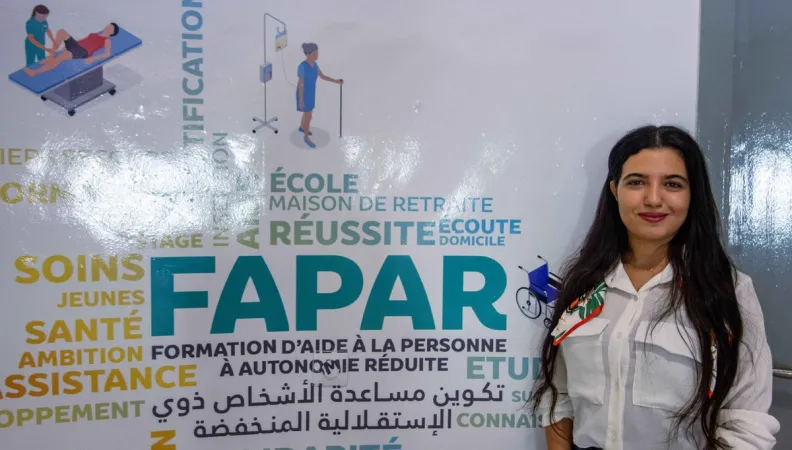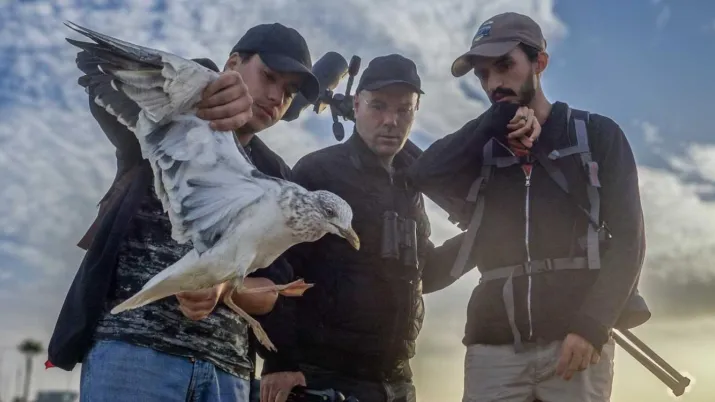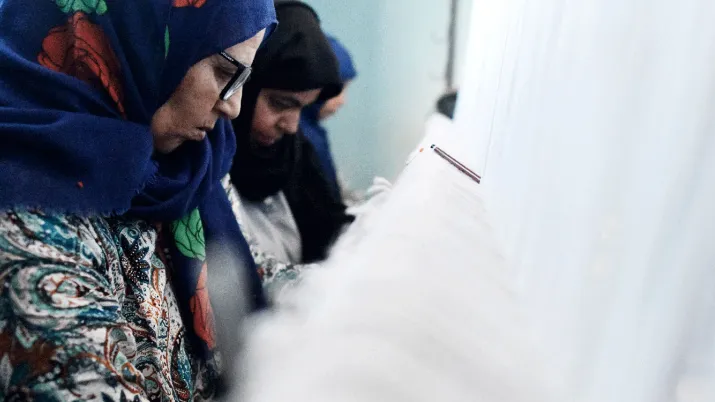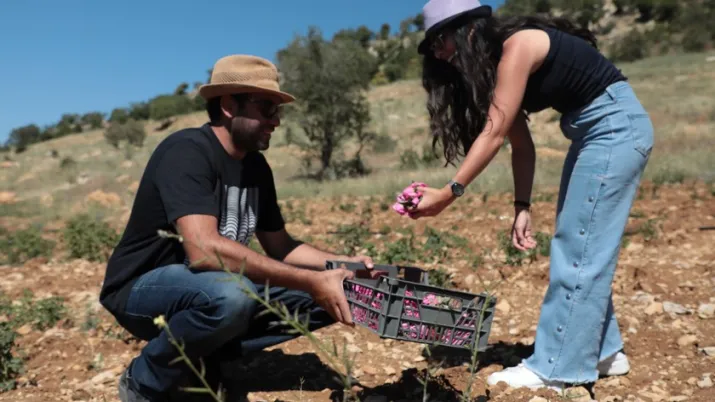Share the page
Youth employment and elder care: a dual challenge in Morocco
Published on

In Casablanca, the "L’Heure joyeuse" association trains young people in personal care professions through the Fapar program, with support from AFD. This program offers a tangible solution to both youth unemployment and the growing demand for care services for the elderly and people with disabilities.
"By building young people's self confidence and supporting them with their career plans, we increase their future employability, either by helping them to find employment or through entrepreneurship," says Leila Benhima Cherif, President of L’Heure joyeuse.
This former pharmacist has been committed to promoting education, training, and the professional integration of young Moroccans for the last twenty-nine years. This is a crucial issue in the Casablanca-Settat region where, due to a lack of appropriate guidance or prospects of a second chance, 23% of young people are not in education, employment or training.
L’Heure joyeuse: decades of dedication to youth
Active since 1959 and recognized as being in the public interest, the Moroccan association L'Heure joyeuse has been supporting education and training since its foundation.
Based in Belvédère, it has twelve centers that deliver vocational training in various fields (sewing, electricity, mechanics, health care, catering, etc.). Among its range of training courses, it has launched a program to train careworkers for people with reduced mobility (FAPAR), in partnership with the European Institute for Cooperation and Development (IECD), and with support from AFD and the Principality of Monaco.
The FAPAR program: Investing in the future…
Trialed by the IECD in other regions, the FAPAR program was launched in Morocco in 2021 to meet an urgent need: a critical shortage of qualified personnel in the personal care sector for the elderly, sick, or people with disabilities. With an aging Moroccan population, this industry offers significant employment potential.
By training professionals to assist the elderly and/or disabled people with their daily living needs, the FAPAR program is helping to address this shortfall and meet the growing demand for personal care services.
The nine-month training program (three months of skills development and six months of vocational work-study training) leads to a qualification, in line with an approach that also aims to promote undervalued and under-paid professions. In view of its success, the IECD replicated this pilot project in Marrakech with the Tensift Regional Center for Development (CDRT) in 2022, as well as in Tangier, and more recently in Chichaoua.
…and a shift in perspective
"The training program is split between class time with theoretical and technical training, and practical work and internships in medical and social care facilities," explains Fatima El Farji, nurse and trainer for FAPAR.
For her, seeing the program's impact on young people is "a source of pride; it energizes and motivates me." She cites Ahmed, a graduate of the first cohort in 2021, by way of example, who is "now employed on a permanent contract by a clinic in Casablanca and has been able to buy his own home."
Although personal care is still a developing sector in Morocco, L'Heure joyeuse has demonstrated its importance. "Partners trust us because we have a built up a good reputation and credibility," says Hind Mansour, Placement and Support Officer.
After the course, graduates receive individual support to help further their social and professional integration. The association runs workshops on job searching techniques and the Moroccan Labor Code so that they understand their rights and obligations.
Life stories
According to a study conducted in 2023 on the integration of 40 graduates from the second and third year of FAPAR, including 31 women, 80% are now in employment. "I currently work as a tutor for an association. I'm proud of my career and thankful for the FAPAR program," says one of the beneficiaries. "Thanks to the entrepreneurship training we received, I now have my own business and I live off the income I earn," says one of their classmates with pride.
Some students, like Rachid, aged 23, struggle to find a job despite having completed their studies. Holder of a two-year higher education diploma in business management, he was recently recruited after completing the FAPAR program and an internship in a clinic.
Nevertheless, these trainees often encounter difficulties when trying to find an internship or job. As a result, they launched a "Graduates' Club" to continue sharing their experience and any opportunities. In any case, the so-called "Faparistes" have learned that a little support and perseverance can lead to a bright future.
Read also
Khadija Bourass: boosting biodiversity in Morocco through bird conservation
Through her work leading GREPOM, an NGO for bird conservation in Morocco, Khadija Bourass resolutely defends Moroccan biodiversity. She advocates for wildlife and wetlands, with the conviction that wh...
Published on June 2, 2025



